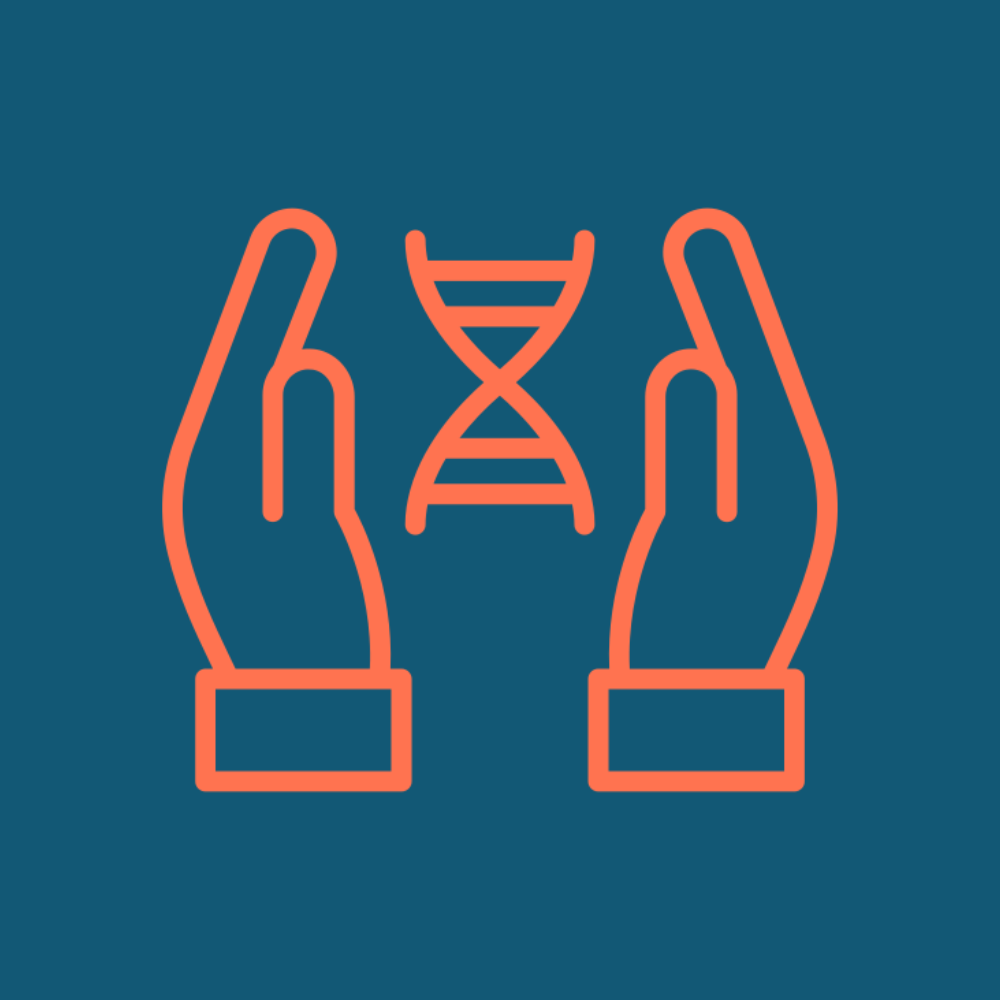-
 Call Now ! +31 88 3886069
Call Now ! +31 88 3886069

Our research focuses on the effect of nutrition, particularly plant-based diets, on DNA repair and genome health. our work contributes to understanding the intricate relationships between environmental factors, diet, genome stability, and disease, ultimately guiding strategies for prevention and life style interventions. To reach these goals, we integrate in vitro models, studies in laboratory animals, and human studies. Additionally, we improve in vitro models in genetic toxicology and techniques to detect DNA damage in human volunteers. For instance, we developed a comet assay-based methodology for studying DNA repair, which was optimized to assess tissue-specific and currently also mitochondrial DNA repair activity.
Current Research Projects
1. The Effect of Plant-Based Diets on Genome Stability and Disease Risk
This project investigates how plant-based dietary patterns influence genome stability and the associated risks of obesity and cancer, aiming to uncover dietary interventions that mitigate genome instability.
2. DNA Repair and Obesity Progression
Focused on understanding the role of DNA repair processes, and (epi)genetic variations in these processes, in the development and progression of obesity, particularly the interplay between genome instability and metabolic pathways.
3. Genome Instability Markers and Obesity in ZSF1 Hypertensive Rats
Exploring genome instability markers as well as mitochondrial DNA damage and repair capacity in ZSF1 hypertensive rats, a model for studying obesity and metabolic syndrome, to better understand the molecular underpinnings and mitochondrial contributions to these diseases
4. High-Throughput Comet Assay Optimization
Aiming to further improve the efficiency of the comet assay for assessing DNA damage and repair, with applications in molecular epidemiology and high-throughput screening. Optimizations include: the CometChip for genotoxicity and food toxicity testing; applying frozen whole blood in the DNA repair assay to improve logistic feasibility; and machine learning for automatic analysis of comet assay outcomes. Innovating methodologies improves biomarker reliability.
Lead Scientist
Sabine Langie
Icon made by Design Circle from www.flaticon.com




